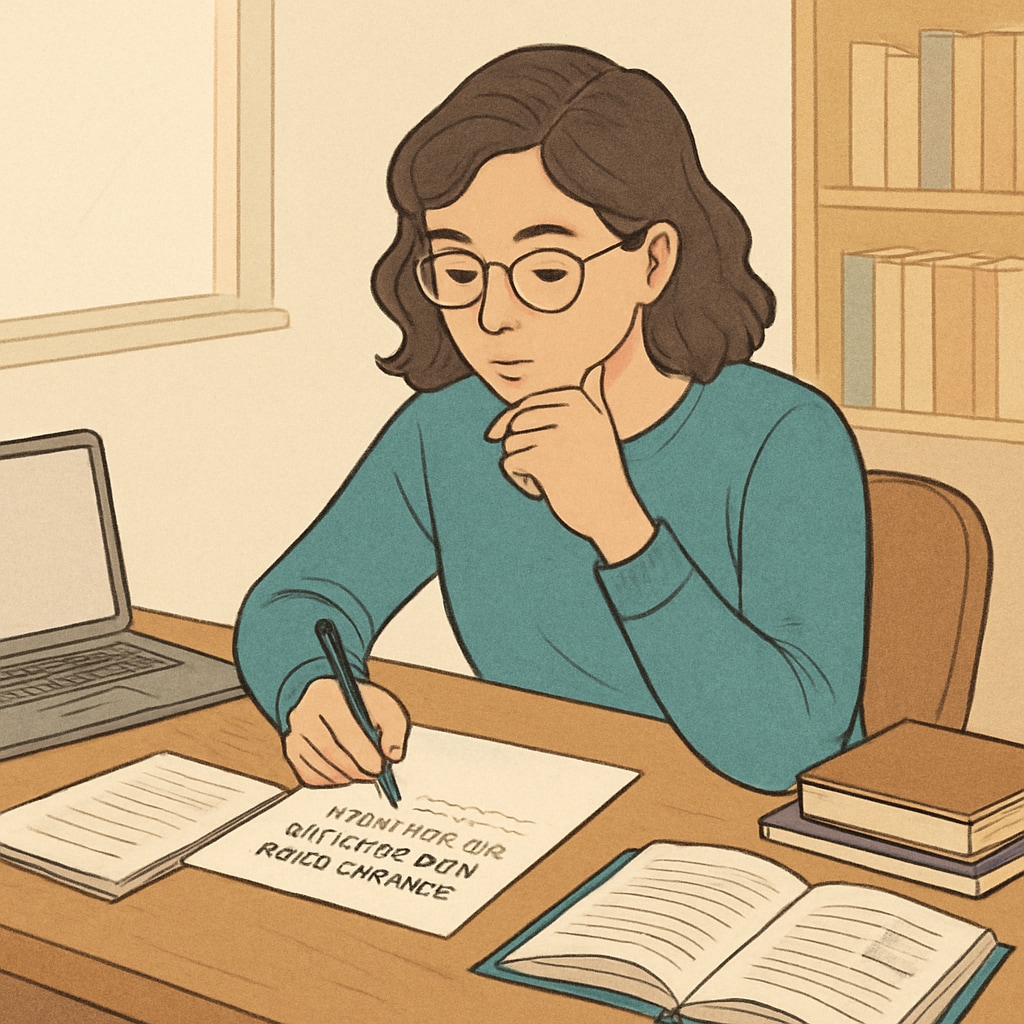Interviewing K-12 school counselors is a common requirement for graduate students pursuing degrees in education or counseling. However, this seemingly straightforward task often turns into a substantial challenge. Many graduate students encounter logistical, structural, and interpersonal hurdles when reaching out to counselors for interviews. Understanding these challenges and developing effective strategies can help students navigate the process successfully and enrich their academic work.

Why Interviewing K-12 Counselors Is Challenging for Graduate Students
Graduate students frequently struggle to secure interviews with K-12 counselors due to a combination of structural and situational factors. These challenges include:
- Time Constraints: School counselors often have demanding schedules, balancing responsibilities like student counseling, administrative tasks, and parent communication.
- Restricted Access: Many schools have policies that limit external inquiries to protect students and staff from disruptions.
- Unclear Communication Channels: Graduate students may not know how to approach schools or who to contact when seeking an interview.
- Perceived Lack of Benefit: Counselors may hesitate to participate, seeing little direct value in assisting with academic assignments.
These obstacles can lead to frustration and delays, especially when students are on tight academic timelines. Understanding the underlying causes can help in formulating a more strategic approach.
Structural Barriers Behind Interview Challenges
The difficulties in accessing K-12 counselors often stem from broader structural issues. For instance, schools prioritize the safety and privacy of their students, restricting access to external researchers. Additionally, the workload of counselors—managing hundreds of students—leaves little time for non-essential activities like academic interviews.
Moreover, graduate students may lack formal training in professional outreach, leading to missteps in their communication. For example, vague or overly academic language in emails can confuse counselors who are unfamiliar with research jargon. These barriers emphasize the need for intentional, clear, and respectful communication when approaching professionals in the field.

Practical Solutions for Graduate Students
Despite these challenges, there are several strategies that graduate students can use to successfully connect with K-12 counselors:
- Research the School’s Policies: Before reaching out, review the school’s website to understand their policies on external interviews. Some schools require formal approval or documentation.
- Craft a Clear and Concise Request: When contacting a counselor, use a professional tone. Clearly explain your purpose, the time commitment required, and how their insights will contribute to your work.
- Leverage Existing Connections: If you have a personal or professional connection to a school, use it to facilitate introductions. A referral from a trusted source can increase the likelihood of a positive response.
- Offer Flexibility: Be mindful of the counselor’s schedule. Offer multiple time slots and, if possible, suggest conducting the interview virtually to minimize disruption.
- Express Gratitude: Acknowledge the counselor’s time and effort, both in your initial request and after the interview. A thank-you note can leave a positive impression and encourage future collaboration.
These steps not only help secure interviews but also foster professional relationships that may benefit both parties in the long run.
Building Long-Term Professional Relationships
While the immediate goal of interviewing K-12 counselors may be to complete an academic assignment, students should view these interactions as opportunities to build lasting professional connections. Counselors possess valuable insights that can inform not only research but also future practice in education and counseling fields.
By approaching interviews with respect, preparation, and gratitude, graduate students can bridge the gap between academia and practice. Over time, these relationships may evolve into collaborations that contribute to both professional growth and the broader educational community.
In conclusion, while interviewing K-12 school counselors presents unique challenges, these obstacles can be overcome with strategic planning and effective communication. Graduate students who invest the effort to build meaningful connections will not only improve their academic work but also lay the foundation for future success in their careers.
Readability guidance: This article uses short paragraphs, clear headings, and lists to enhance readability. Active voice is prioritized, and transitions like “however,” “therefore,” and “in addition” are used throughout to maintain logical flow.


